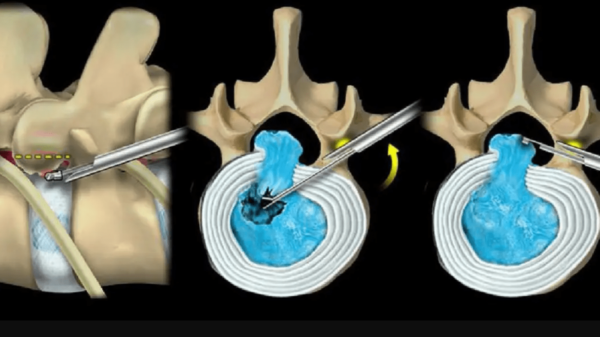In our increasingly interconnected world, the importance of robust and efficient computer networks cannot be overstated. These networks serve as the backbone of our digital infrastructure, enabling seamless communication, data transfer, and resource sharing across the globe. Among the many types of networks that exist, compute networks stand out as a revolutionary concept that has transformed the way we harness computational power. In this article, we delve into the fascinating world of compute networks, exploring their significance, working principles, and the profound impact they have on various industries.
Understanding Compute Networks
Compute networks represent a paradigm shift in the realm of distributed computing. Traditional computing models relied on individual machines to handle processing tasks independently, often leading to limitations in scalability, speed, and overall efficiency. Compute networks, on the other hand, leverage the power of interconnected computers to create a unified system capable of tackling complex computational challenges in a distributed manner.
The Building Blocks: Nodes and Communication
At the heart of compute networks are nodes, which can be physical machines or virtual instances in the cloud. These nodes serve as the fundamental units of computation, collectively forming a network capable of executing tasks with remarkable efficiency. Communication between nodes is facilitated through a variety of protocols and technologies, including Ethernet, Wi-Fi, and even specialized interconnects like InfiniBand.
Harnessing Distributed Processing
One of the key strengths of compute networks lies in their ability to leverage distributed processing. By breaking down complex tasks into smaller sub-tasks and assigning them to different nodes within the network, compute networks can harness the collective processing power of multiple machines simultaneously. This parallelization greatly accelerates computation and enables the handling of large-scale workloads that would be otherwise unattainable by individual systems.
Scalability: A Virtue of Compute Networks
Scalability is an essential characteristic of any modern computing infrastructure, and compute networks excel in this aspect. As the demands on computational resources grow, additional nodes can be seamlessly added to the network, expanding its capacity and processing capabilities. This inherent scalability ensures that compute networks can adapt to the evolving needs of businesses, researchers, and other stakeholders, without compromising on performance or stability.
Use Cases and Applications
Compute networks find applications across a wide spectrum of industries and domains. In the realm of scientific research, they enable simulations, modeling, and data analysis on an unprecedented scale, facilitating breakthroughs in fields such as genomics, climate modeling, and particle physics. In the business world, compute networks power large-scale data processing, machine learning, and AI applications, enabling companies to derive valuable insights and make data-driven decisions. Moreover, compute networks are instrumental in industries such as finance, healthcare, and entertainment, where they handle complex calculations, process high volumes of transactions, and support immersive experiences.
Challenges and Future Directions
While compute networks offer immense potential, they are not without challenges. Managing the resources and coordinating the tasks distributed across numerous nodes can be a complex undertaking. Ensuring security, data privacy, and fault tolerance in such networks are also critical concerns. However, ongoing research and development efforts are focused on addressing these challenges and advancing the capabilities of compute networks. Future directions include exploring novel communication protocols, optimizing resource allocation algorithms, and integrating emerging technologies such as quantum computing into compute networks.
Conclusion
Compute networks have revolutionized the way we harness computational power, enabling unprecedented scalability, efficiency, and distributed processing. With their ability to bring together vast computational resources and facilitate seamless communication between nodes, compute networks have become indispensable in various sectors. As we continue to push the boundaries of technology, compute networks will undoubtedly play a pivotal role in shaping the future of computing and driving innovation across industries, fueling discoveries, and unlocking new frontiers of possibility.
















































